Time Erodes Us
By ThricebornPhoenix 1 Comments
In an isolated corner of Rome stands the shell of a structure, possibly the broken remnant of what was once a solid domicile, some family's home. It is not an accessible location; the house is bounded on the east and south by the massive city wall, on the west by a line of trees grown thick together on a slight, stony ridge. North is a road of worn stones, now broken, spread apart, and generally concealed by the vegetation growing out around and between them. Once out of sight of the house, the road forks, either path eventually leading to a road in better repair - but to follow or even notice one of these rough paths from the more crowded thoroughfare requires some attention and perhaps a sharp eye.
The house itself seems unremarkable. There were certainly two rooms at ground floor, and possibly more. The walls are completely missing in many places, perhaps scrapped as material for new buildings in more populated areas. There is no evidence of any roof, though the house must have had one when people still lived in it. There is a doorway with no door, and through it one enters into a room with what appears to be a mosaic of small tiles as a floor. There is no furniture, no object of any sort to adorn it. If ever there was, it was taken or looted long ago.
Of the other, larger room, nothing remains but sections of wall. Even the floor is gone, revealing a room below. This room has a mosaic on the floor identical to that in the first room, but with a fancy border and wild grass and shrubs growing in it. On the floor on the near side is rug or hide with a large cauldron on one corner and a handful of rusted eating or cooking implements. Inside the cauldron is a ladle with a curved handle and a murky brew probably long past its expiration date. Nearby are the blackened sticks and soot of some old fire, apparently made long after the place was originally abandoned, and what appear to be two hunks of uncooked meat. On the other side is a treasure chest and two crumbling columns, the latter holding up a smooth slab of stone that may or may not have been a part of the upper room's floor.
That building plays no part in the plot of the Assassin's Creed: Brotherhood, but it does highlight what I consider the heart of the franchise: the grand scale of history. Assassin's Creed II did introduce some improvements over the first game (along with fetch quests, escort missions, timers, and collections, to my everlasting dismay), but it lost much of the magic that made its predecessor so powerful. Reliving the memories of an ancestor from nearly a thousand years ago, who himself wandered through ruins ancient in his day, is a very rare sort of experience, and it help put time into a different perspective. It makes our ancestors, along with their ambitions, accomplishments, and failures, seem closer and more relatable.
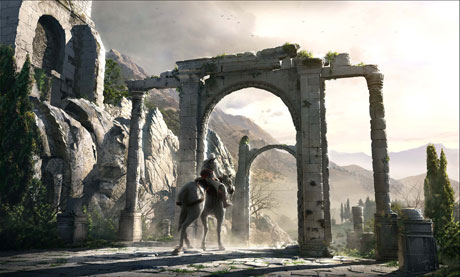
In this and many other ways, Brotherhood is as much a return to the first Assassin's Creed as a sequel to Assassin's Creed II. If it had less of the second game's mandatory killing and more of the first game's planning and philosophizing, Brotherhood would be unequivocally the best of both worlds. On the bright side, there is still Assassin's Creed III to look forward to.



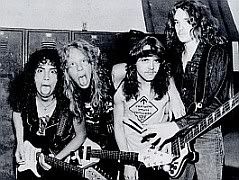

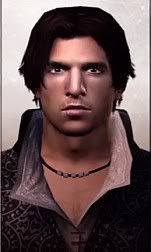
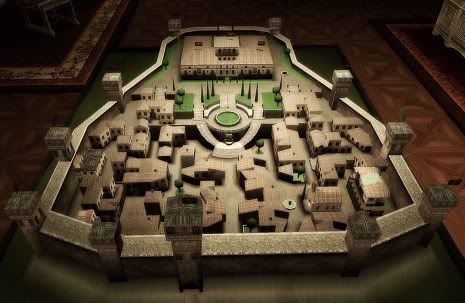
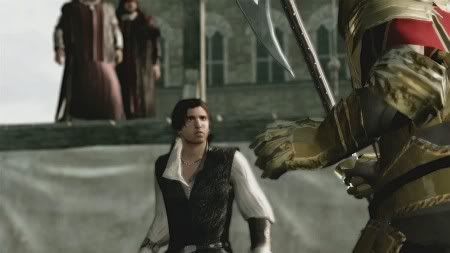
Log in to comment